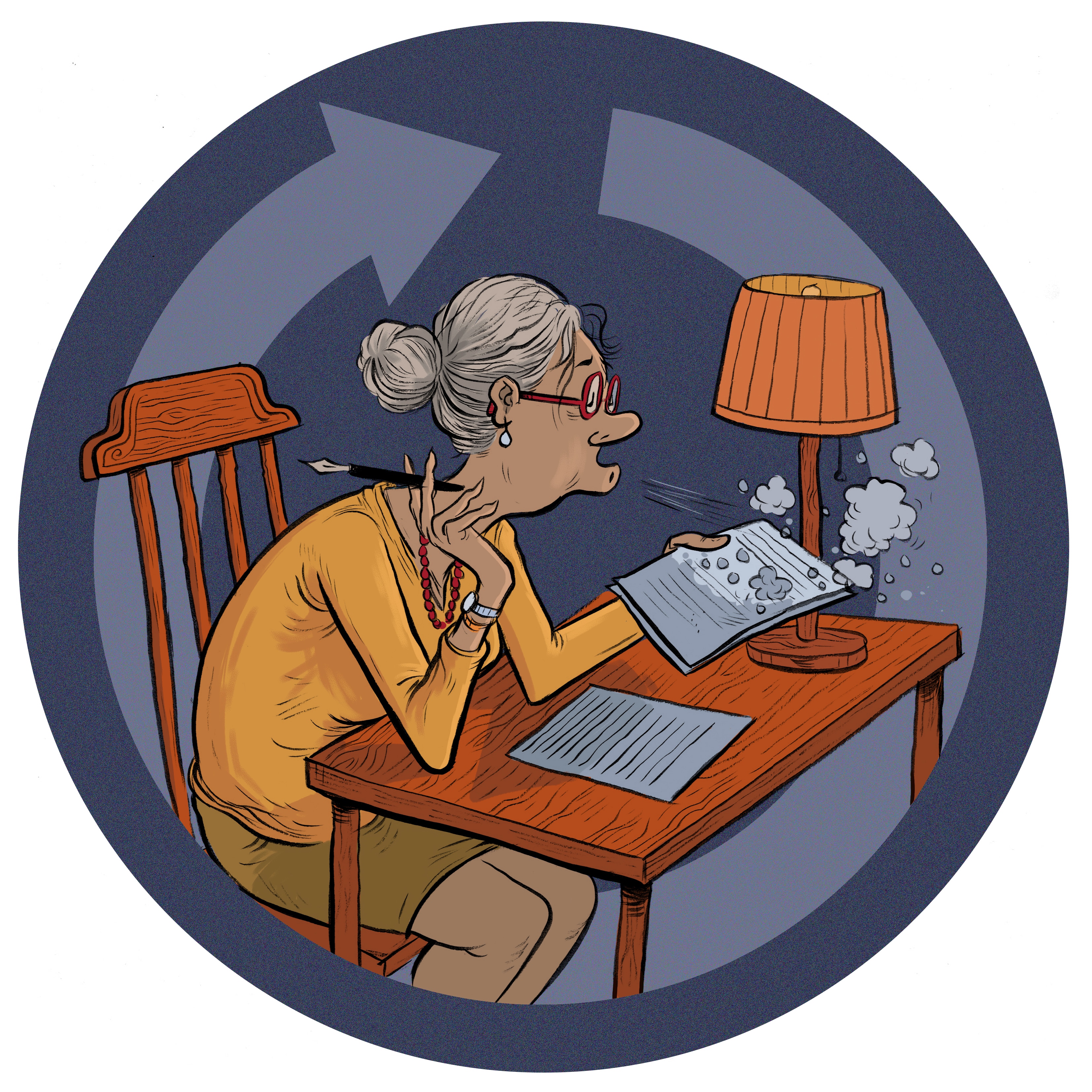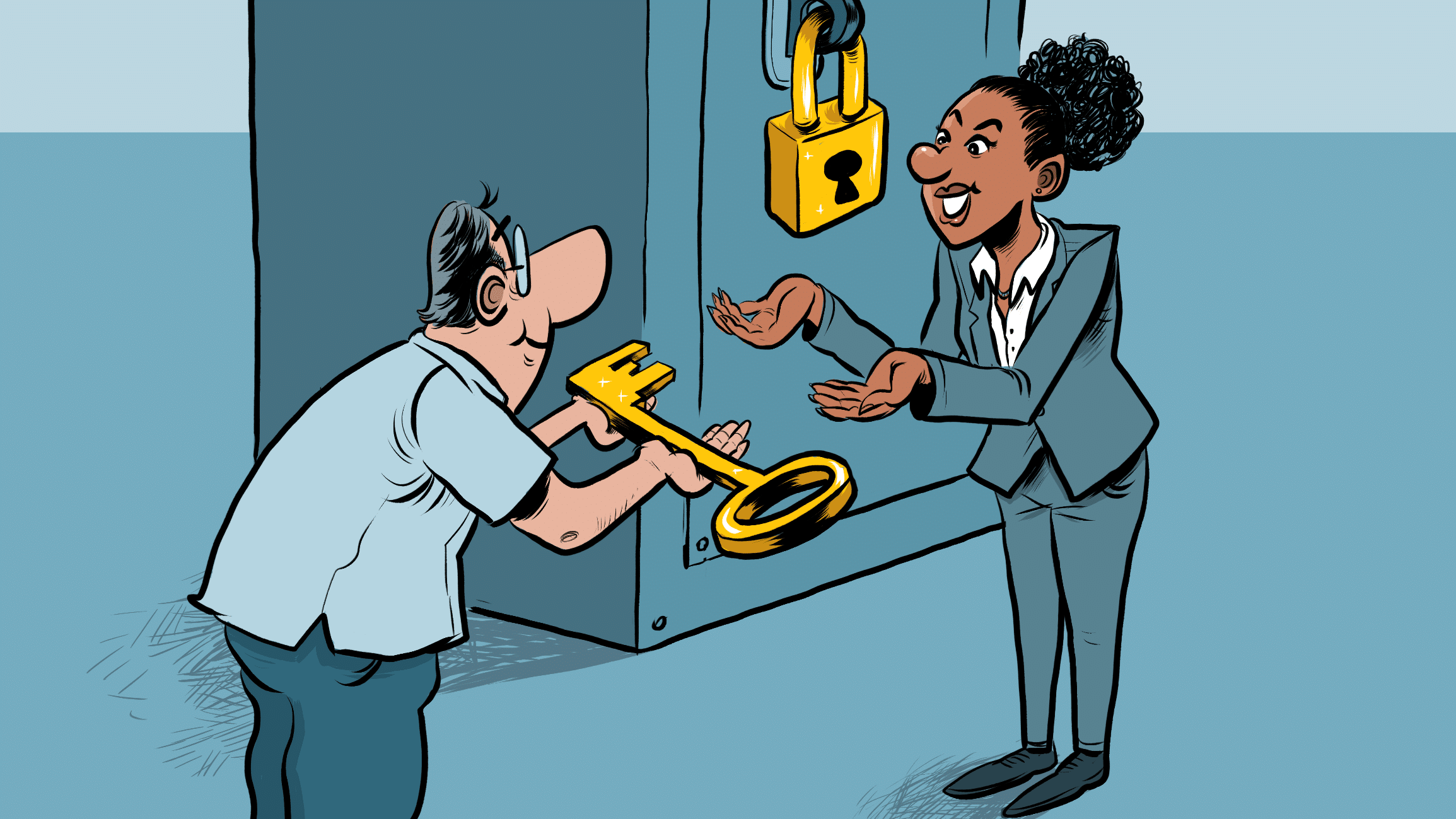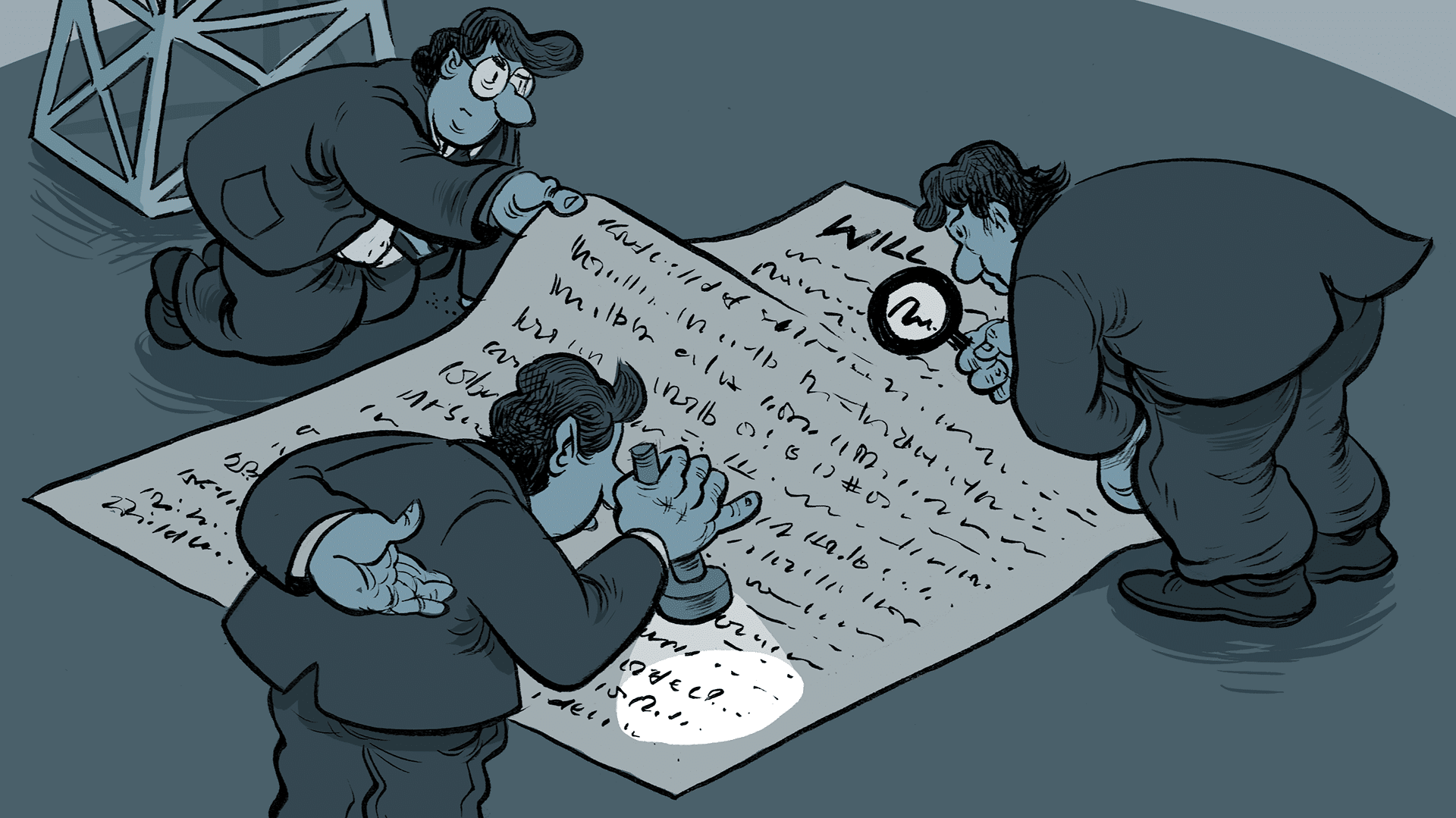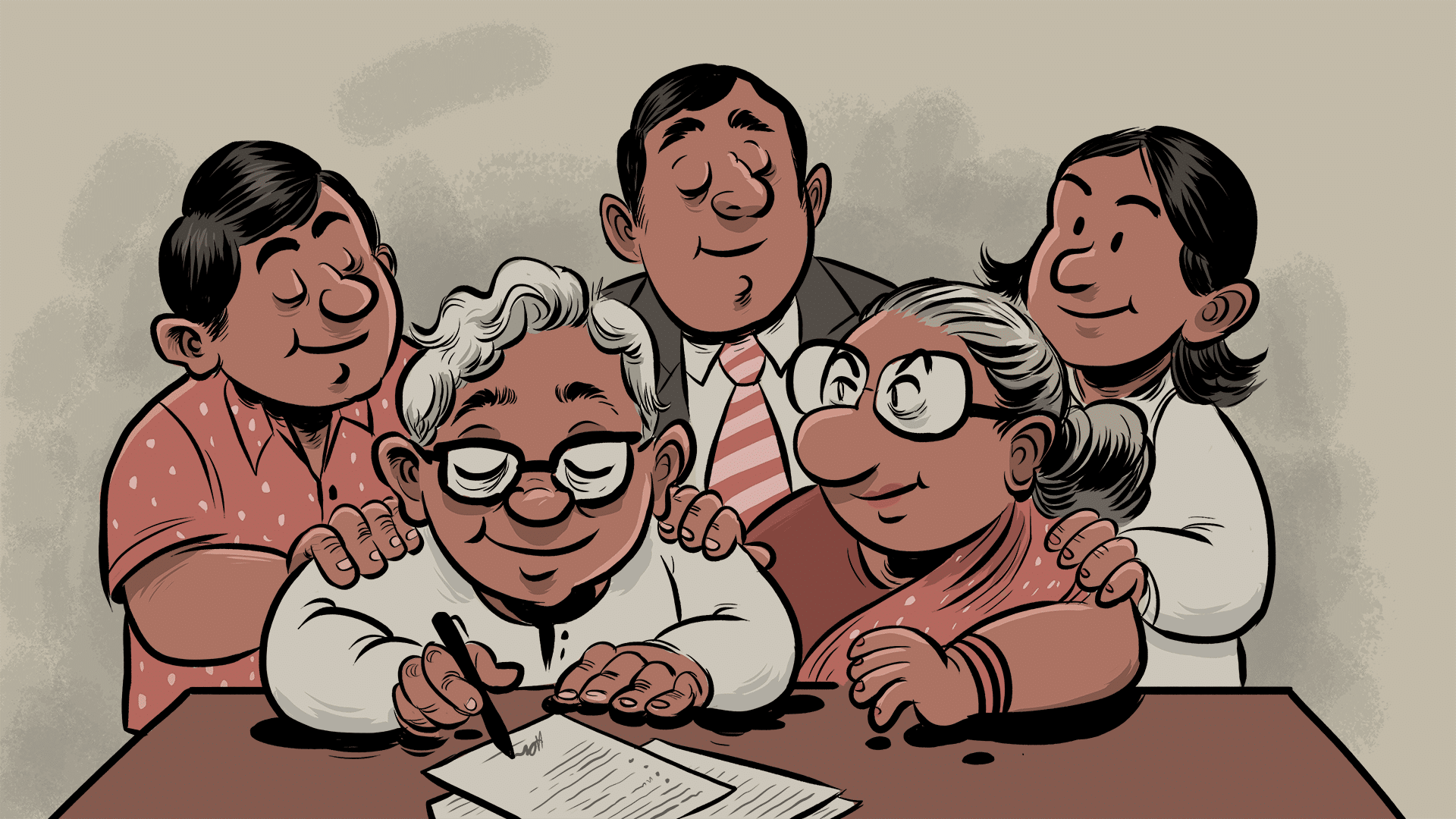
5 times you should re-evaluate and update your Will
If you have a Will, it may be time to revisit it to see if you are still comfortable with what you’ve written. Read five occasions when you should re-evaluate your Will.
Originally published June 2020
Just under half of all Canadians have made a Will.1 That may seem like a shocking number given how detrimental it is for a family if a breadwinner dies without one. But for those who have taken the time and effort to make one: Congratulations, you’re ahead of the game, but the job is not complete. According to Domenic Tagliola, a Tax and Estate Planner with TD Wealth, updating your Will as events dictate is an ongoing responsibility to yourself and your family. If your Will is out of date, it can cause delays, conflicts between family members and hardships if funds meant for your loved ones are held up in court for years or not distributed as you would like.
“Circumstances change. How you think about transferring your wealth and who it will go to will be different at age 30 than when you’re 70,” he says. It’s why he recommends updating your Will every three to five years or when a significant life event occurs. “Laws change, people change, wealth grows, and your outlook shifts as you walk through life. Your Will has to capture your intentions and wishes, not from 25 years ago but right now,” Tagliola says.
If it’s been a long time since you thought about the content of your Will, here are five triggers that may signal it’s time to update it.
1) When a child turns 18
“When your children reach the age of majority, they can receive your assets as adults — that’s the top reason to review your Will,” says Tagliola. When children are minors, one purpose of a Will is to appoint a guardian to your children and also to arrange a trust for their assets. But by the time they reach 18, your assets have likely grown substantially. Your children may no longer need a guardian but there can still be a need for a trust for any funds they might inherit so that they don’t receive large sums of money all at once. Many parents may even prefer setting up a trust for mature adult children: If the children have complicated financial circumstances, parents may wish to keep the funds out of the hands of creditors or an ex when there is a relationship breakdown.
2) When your executors and administrators are no longer fit to take on the task
Many people appoint relatives to be executors, guardians, accountants and trustees for their children. However, as those people grow old or become unable to take on the task for other reasons, you may wish to re-evaluate and appoint new people. After all, you don’t want an executor to pre-decease you, or you may also want your children to be executors at some point. Secondly, as people get older, their financial affairs might become complicated. You may wish to have a more competent executor handle your affairs or even a professional, says Tagliola. Many people turn to a trust officer from a trust company to be the executor. While there is a cost, a trust officer brings expertise and experience to the disbursement of the Will and can be a neutral party if there are any disagreements among beneficiaries.
3) When someone gets married…or divorced
Needless to say, family affairs can get complicated, but your Will must reflect your intentions no matter your situation or any bumps along the family road. This can of course include a marriage breakdown, a second marriage or a common-law relationship. Tagliola points out that a second marriage by either spouse no longer invalidates any previous Will. He also points out that, depending on the province you live in, a common-law relationship can also complicate estate and Will planning since, in some provinces, these relationships are not recognized. That means in some cases a newlywed of one day could hold more rights under family law than a common-law partner of 40 years. These discrepancies need to be reviewed and adjustments made to the Will if someone wants to ensure their loved ones are looked after. Relying on what you believe the law will do can be a costly mistake, says Tagliola.
4) When you retire
Since your financial situation changes when you retire, Tagliola recommends reviewing your Will with an eye toward alleviating any taxes your estate would be required to pay when you pass on, including probate tax. At this stage, you may choose to make a gift of real estate and other personal affects to your beneficiaries. Giving assets away to family members while you’re alive, if done properly, can help alleviate tax issues, and may allow you to see your loved ones enjoy your gift. Changes to estate planning may also include giving to charities since there can be significant tax deductions if donations are made. Your Will should reflect these new changes to your finances.
5) Whenever laws change
“If there are significant changes in tax law or significant changes in legislation, you have to be aware of that and make plans accordingly,” says Tagliola. He says that the courts have recently clarified some points of law that have helped estate and tax lawyers finetune their clients’ Wills. Case in point: the recent change that means divorce no longer invalidates your Will. Any change in law could send you back to your lawyer’s or accountant’s office to ensure that your plans can still be carried out. Beyond that, you should probably check your Will every three to five years just to remind yourself of the content of your plans and to ensure you still feel comfortable with the decisions you’ve made, given the time that’s passed.
Tagliola says the values of assets can change over time. If someone writing a Will promised a daughter a cottage and a son a stock portfolio, the values may have diverged sharply over the decades. The result could create family animosity which is probably the last thing someone would have wanted.
“Only by keeping your Will up to date can you ensure that you’ll be looking after your affairs and family properly,” Tagliola says.
DON SUTTON
MONEYTALK LIFE
ILLUSTRATION
DANESH MOHIUDDIN
- “What ‘will’ happen with your assets? Half of Canadian adults say they don’t have a last will and testament,” Angus Reid, Jan. 23, 2018, accessed June 17, 2020, angusreid.org/will-and-testament/. ↩













